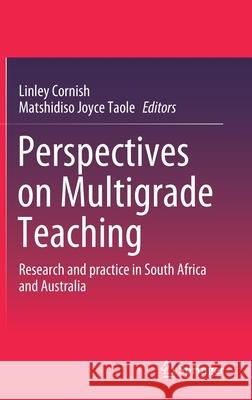Perspectives on Multigrade Teaching: Research and Practice in South Africa and Australia » książka
topmenu
Perspectives on Multigrade Teaching: Research and Practice in South Africa and Australia
ISBN-13: 9783030848026 / Angielski / Twarda / 2021 / 165 str.
Perspectives on Multigrade Teaching: Research and Practice in South Africa and Australia
ISBN-13: 9783030848026 / Angielski / Twarda / 2021 / 165 str.
cena 483,04
(netto: 460,04 VAT: 5%)
Najniższa cena z 30 dni: 462,63
(netto: 460,04 VAT: 5%)
Najniższa cena z 30 dni: 462,63
Termin realizacji zamówienia:
ok. 22 dni roboczych.
ok. 22 dni roboczych.
Darmowa dostawa!
Kategorie:
Kategorie BISAC:
Wydawca:
Springer
Język:
Angielski
ISBN-13:
9783030848026
Rok wydania:
2021
Wydanie:
2021
Ilość stron:
165
Waga:
0.54 kg
Wymiary:
23.39 x 15.6 x 1.6
Oprawa:
Twarda
Wolumenów:
01
Dodatkowe informacje:
Wydanie ilustrowane











